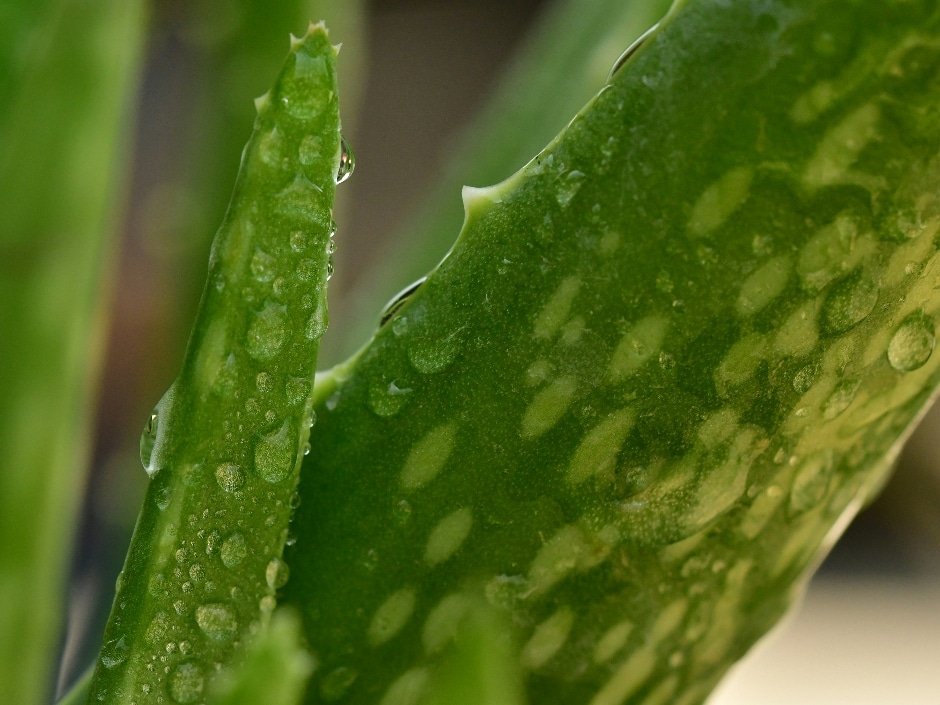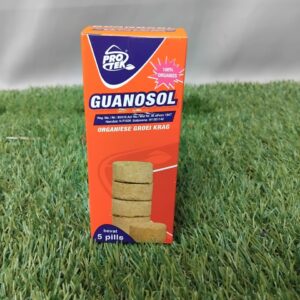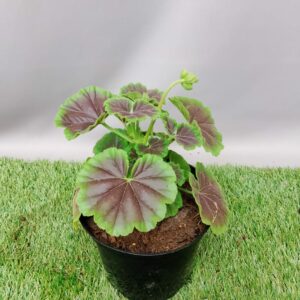Health benefits of aloe vera for skin and digestion
Succulents and cacti

If you’ve grown up in South Africa, and more specifically in the Karoo, you’ll know about the ‘wonder plant’ aloe vera.
You might’ve used it in a gel as a form of after-sun relief if you spent one too many minutes soaking up the sun’s rays, or perhaps you know of someone who swears by a concoction made from its juice to alleviate digestive ailments like constipation. And these aren’t new, ground-breaking benefits: for centuries, this succulent plant has been used and celebrated for its medicinal properties.
Read on for more about the aloe vera plant’s healing properties, and aloe vera uses.
Aloe vera skin benefits
Aloe vera for wounds
There’s nothing quite like that distinct cooling effect that pure aloe vera gel leaves on the skin. This soothing effect is largely thanks to the plant extract’s anti-inflammatory compounds. When applied topically, aloe vera gel accelerates the skin’s healing process by promoting cell regeneration and reducing inflammation.
This soothing plant not only hydrates and moisturises the skin, but also helps in reducing pain and irritation associated with cuts, burns and minor abrasions.
Nature’s hydrator
Its lightweight, non-greasy texture allows aloe vera gel to be absorbed quickly into the skin, providing deep hydration without leaving a heavy residue.
The plant is naturally rich in water content, so it not only replenishes moisture, but also helps to lock it in, preventing skin from becoming dry or flaky. Its natural enzymes and vitamins, including vitamins A, C and E, help nourish the skin, keeping it soft, smooth and supple. It’s what makes aloe vera moisturiser so popular.
Pausing time
Vitamins C and E help to neutralise free radicals that contribute to premature skin aging, and the good news is that aloe vera is packed with these antioxidants. It’s unsurprising, then, that aloe vera gel for the face is something those seeking a youthful glow swear by!
Aloe vera also stimulates collagen production, a key protein that maintains skin elasticity and firmness. This results in smoother, plumper skin and a reduction in the appearance of fine lines and wrinkles.
Aloe vera for digestion
Supporting the gut
Aloe vera contains compounds that help soothe and protect the digestive tract.
These substances work to reduce inflammation and irritation in the gut, providing relief for conditions like leaky gut syndrome and inflammatory bowel diseases. By supporting the gut’s mucosal barrier, aloe vera helps maintain a healthy digestive environment, improving nutrient absorption and promoting overall gut health.
Aloe vera is widely regarded as a natural digestive aid, offering a variety of benefits for the gastrointestinal system. The plant has enzymes that help break down sugars and fats, supporting better digestion and nutrient absorption.
The plant also has mild laxative properties, making it effective in promoting regular bowel movements and alleviating constipation. Beyond its digestive benefits, aloe vera helps soothe inflammation in the digestive tract, reducing symptoms of acid reflux, heartburn and irritable bowel syndrome (IBS).
*Note: when using any aloe vera products to aid digestive health, it’s important to do so under the guidance and supervision of a registered health practitioner.
Grow your own aloe vera: gardening tips
We now know the range of aloe vera health benefits, but what’s even better is that this plant is incredibly easy to grow in your own garden.
Just ensure that yours is planted in well-drained soil and protected from frost if you live in the really cold parts of the country, and you’ll be making the most of this succulent’s medicinal benefits in no time.
Browse aloe vera plants online* (*Western Cape only) and in-store.




